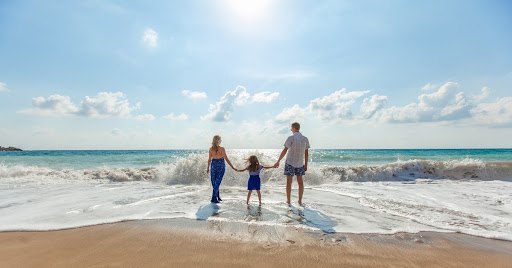Why Do You Need a Yellow Fever Vaccine Before Going Abroad?

How do you know that you have yellow fever?
Yellow fever is a dangerous disease spread by mosquitoes. It is found in Trinidad in the Caribbean, South America, Central America, and areas of Africa. The earliest signs of yellow fever often appear 3 to 6 days after contracting the illness. Symptoms of yellow fever include:
Who should get the yellow fever vaccine?
It is advisable for everyone over the age of nine who is visiting the following nations to get the yellow fever vaccine:How long does the protection against yellow fever last?
The majority of people have lifetime protection against the disease thanks to the vaccine.For a very small number of people who travel to regions where yellow fever is common, a second dose of the immunisation is necessary. This also includes persons who have already had a vaccination but:
Get in touch with us if you're uncertain whether you need a second dose before travelling.
Who cannot receive the yellow fever vaccine?
Although it’s beneficial, some people are not eligible to get the yellow fever jab. These include:
- Infants (less than six months old).
- People with compromised immune systems, for instance those with lymphoma or leukaemia.
- Individuals whose immune systems have been compromised due to medical interventions like steroid use and chemotherapy.
- Those allergic to any of the vaccine's components, mostly those with egg allergies.
- People who experienced a serious reaction to an earlier dose of the jab.
- Those who have had their thymus gland removed or who have a thymus gland condition.
- The elderly travelling to countries where the yellow fever vaccine is not typically necessary.
- People who have close relatives who have experienced a serious reaction to the vaccine, like brain or organ damage.
Which countries require the yellow fever vaccine?
Travellers from countries where yellow fever is present who go to places where transmission can happen often need to provide documentation of their immunisation.

What are the side effects of the yellow fever vaccine?
The risk of adverse effects is lower in those who got the yellow fever vaccine than in those who have not. After vaccination, up to one in three people may experience:
- A headache
- Soreness around the injection site
- A rise in their temperature
- Muscle pain
- Usually, these adverse effects disappear after two weeks.
- More serious adverse effects, such as an allergic reaction to one of the vaccine's ingredients, are extremely uncommon.
Can I travel without the yellow fever vaccine?
A doctor might be unable to immunise you if there is a contraindication to the vaccination. If it is assessed that the risk of severe side effects outweighs the likelihood of developing the disease, you might not be able to get the vaccine as well. If it is determined that there is a low danger of contracting a disease, a medical exemption certificate may be granted in some cases. However, this should only be done with your consent.
Contact us to book your yellow fever vaccine in Luton.
This blog post was written on behalf of Biscot Pharmacy by Pharmacy Mentor.
Luton
Bedfordshire
LU3 1AW